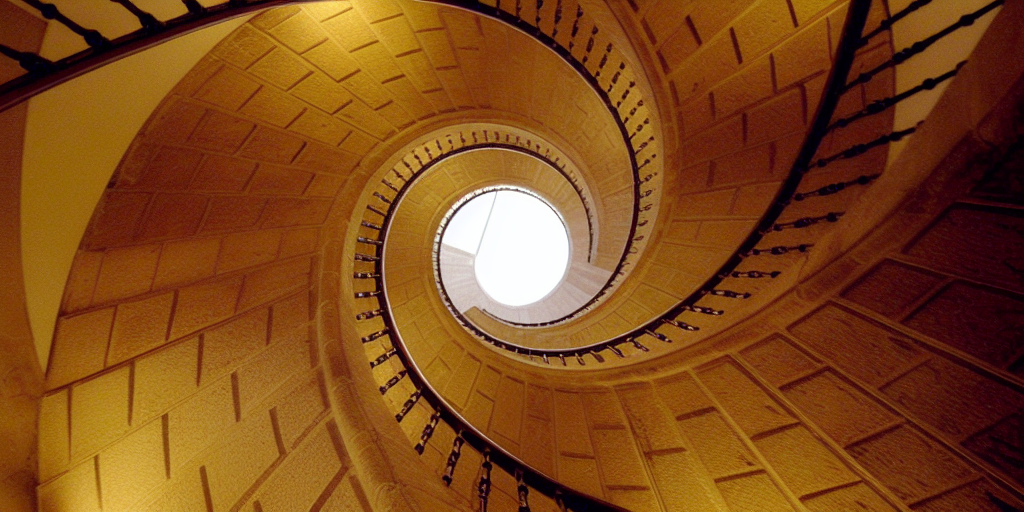Speaker
Description
Weak measurements can give us partial information about the state of a quantum system with a ``partial collapse'' of the wave function. As in every practical measurement, this is done by partially entangling the system of interest with a measurement apparatus, followed by an unavoidable discard of the state of the system. Although the quantum logic gates to perform that on qubits are well-known, the question remains open when it comes to general qudits. Following the results in [A. Touil et al., Phys. Rev. Lett. \textbf{128}, 010401 (2022)], we propose a generalization of the c-maybe gate (a noisy c-not gate) for qudit systems. We have found a suitable linear combination of Heisenberg-Weyl operators that partially entangled one qudit of a bipartite state with $n$ qudits of the environment following a Quantum Darwinism framework. The resulting non-selective weak measured state of the system is given by the monitoring map [P. Dieguez et al., Phys. Rev. A \textbf{97}, 022107 (2018)], which interpolates between weak and strong non-selective measurements. We explicitly connect the intensity of the monitoring map with the linear combination of Heisenberg-Weyl operators, furnishing tools to developments not only to quantum metrology but also to foundations of quantum mechanics.
